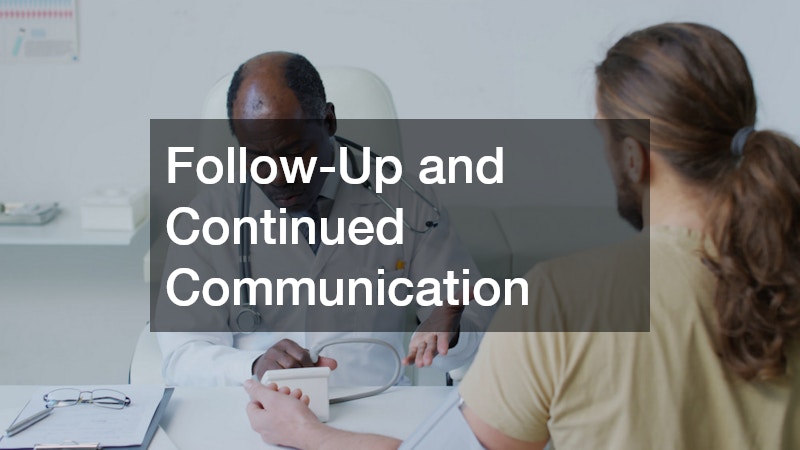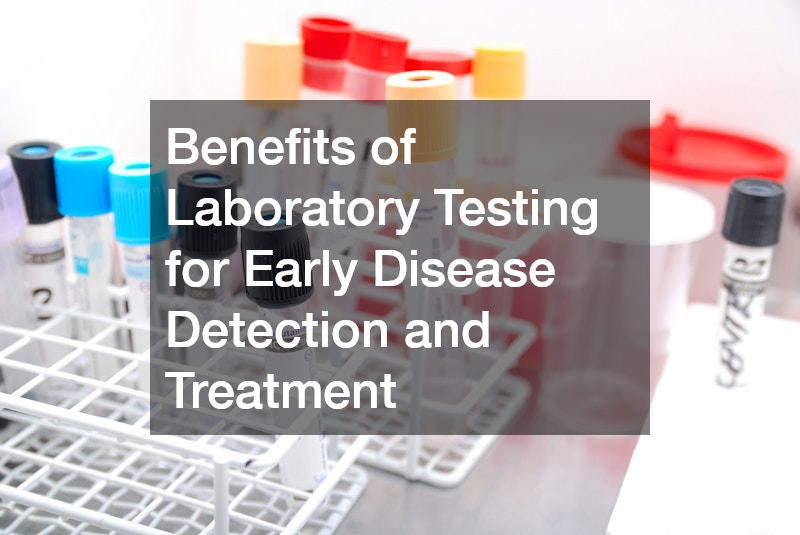Understanding the importance of selecting the right cardiologist can greatly impact your heart health and overall wellbeing. In this article, we will explore essential aspects to consider when making this critical decision. The right choice in a healthcare provider can lead to better disease management and improved quality of life.
Board Certification and Education
Board certification ensures that a cardiologist has gone through rigorous training and has met the standards of excellence set by a recognized medical board. It is crucial for patients to verify board certification, as it reflects a commitment to stay current with the latest advancements in cardiology.
The educational background, including medical school and residency training, also plays a vital role in shaping a cardiologist’s expertise.
Common certifications for cardiologists include those from the American Board of Internal Medicine (ABIM) and its subspecialties. These credentials confirm a cardiologist’s competency in handling heart-related conditions. Patients can typically verify a cardiologist’s certification status through online platforms provided by the certifying boards.
Additionally, the continuous education of a cardiologist is vital in a rapidly evolving field such as medicine. Regular involvement in workshops, seminars, and conferences demonstrates a cardiologist’s commitment to staying updated with the latest research and treatment modalities. Such dedication ultimately ensures high-quality patient care.
Experience and Track Record
When it comes to heart health, a cardiologist’s experience can significantly influence treatment outcomes. An experienced cardiologist is likely to have encountered a wide range of cases and developed proficiency in delivering effective care. Evaluating a cardiologist’s track record with cases similar to yours can help gauge their potential in handling your specific condition.
Experience also brings a nuanced understanding of how individual patient factors can impact disease progression and response to treatment. For example, a cardiologist with extensive experience in managing heart failure can customize treatment plans to better suit a patient’s unique circumstances. In some cases, seeking cardiologists affiliated with major hospitals or academic institutions can also be advantageous, as these centers often encourage innovative approaches.
Initial Consultation and Interaction
The initial consultation is a vital step in assessing a cardiologist’s communication skills and bedside manner. Observe their ability to listen actively and provide clear explanations without overwhelming medical jargon. A cardiologist who listens carefully and responds thoroughly exhibits qualities crucial for effective patient-doctor relationships.
Communication involves not only verbal interactions but also non-verbal cues that demonstrate empathy and understanding. During your first appointment, pay attention to whether the cardiologist addresses your concerns and explains treatment options comprehensively. These interactions set the tone for a collaborative healthcare experience.
Follow-Up and Continued Communication
Effective follow-up care is pivotal in managing chronic heart conditions and evaluating treatment progress. A cardiologist who prioritizes regular follow-ups and consistent communication can ensure that emerging issues are promptly addressed. This proactive approach minimizes potential complications and enhances patient reassurance.
Regular communication facilitates seamless adjustments to treatment plans based on changes in health status or patient preferences. It also ensures that any side effects or concerns are quickly addressed, safeguarding patient well-being. A cardiologist’s commitment to sustaining an open line of communication is indicative of their dedication to comprehensive heart care.
Location and Accessibility
The convenience of a cardiologist’s location can directly affect your consistency in attending appointments and receiving timely care. Opting for a cardiologist with a practice nearby reduces travel time and the hassle involved in attending frequent visits. Proximity to your home or workplace also ensures that you can immediately access healthcare services in emergencies.
Beyond physical distance, consider the accessibility of the cardiologist’s office in terms of transportation options, parking availability, and office hours. These logistical factors can significantly impact your experience in maintaining consistent medical appointments. Evaluating these aspects can prevent barriers to receiving scheduled or urgent care.
Additionally, if you require more specialized care or procedures, the facility’s location in relation to other healthcare services or labs may be crucial. Evaluating such logistical considerations allows for a smoother and more convenient healthcare journey. Efficient access supports adherence to treatment and a proactive approach to managing heart health.
Hospital Affiliation and Facilities
The hospital with which a cardiologist is affiliated often reflects the quality and range of services available. Affiliation with a reputable hospital can be indicative of access to advanced technology, specialized care units, and a multi-disciplinary team of experts. Evaluating the hospital’s facilities, such as their catheterization labs or cardiac rehabilitation programs, can give insight into the level of care you can expect.
In conclusion, choosing the right cardiologist involves careful consideration of qualifications, communication skills, and logistical factors. Prioritizing these elements can lead to better health outcomes and a more satisfactory experience in managing heart health. Methodically evaluating each aspect ensures a well-informed decision, fostering a trusting relationship with your healthcare provider.
Ultimately, the choice of cardiologist should align with your personalized healthcare needs, preferences, and practical considerations. The dear doctor-patient partnership lies at the heart of successful heart care, fostering both medical and emotional support. By focusing on identified priorities, you empower yourself to take charge of your heart health journey.
With a mindful approach to selecting a cardiologist, individuals can embark on a path toward improved heart health and wellbeing. A sustained commitment to informed healthcare decisions will redefine the experience with heart disease management for the better. This strategic choice serves as a proactive step toward a healthier future.





